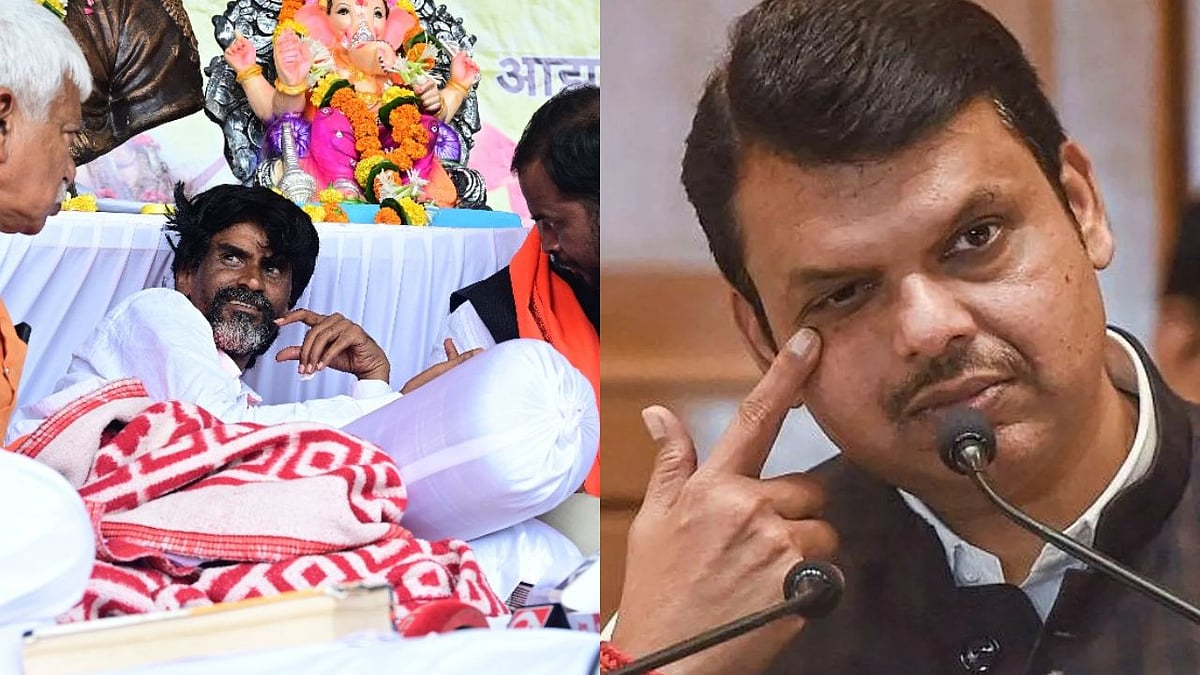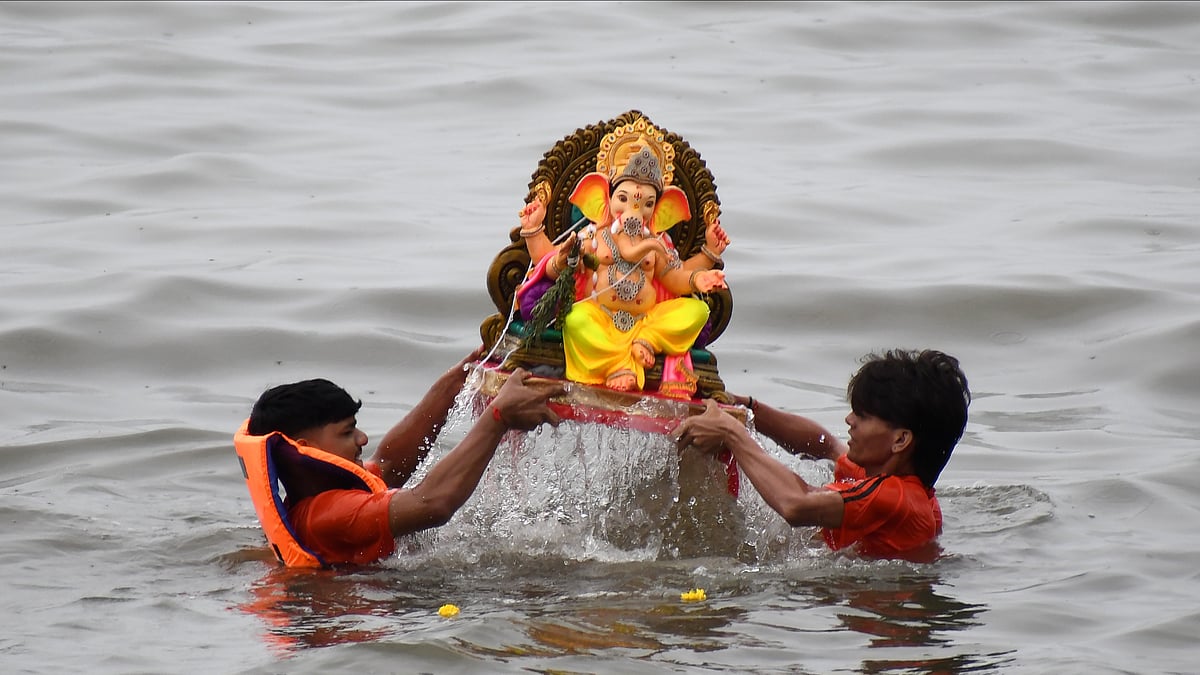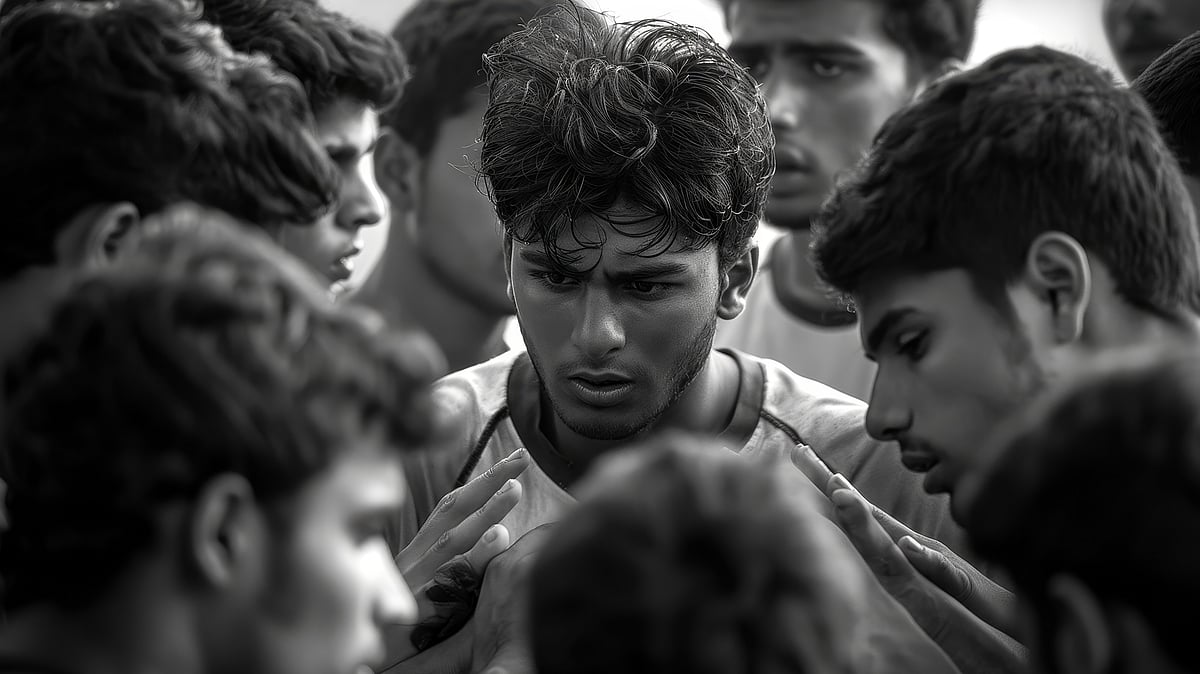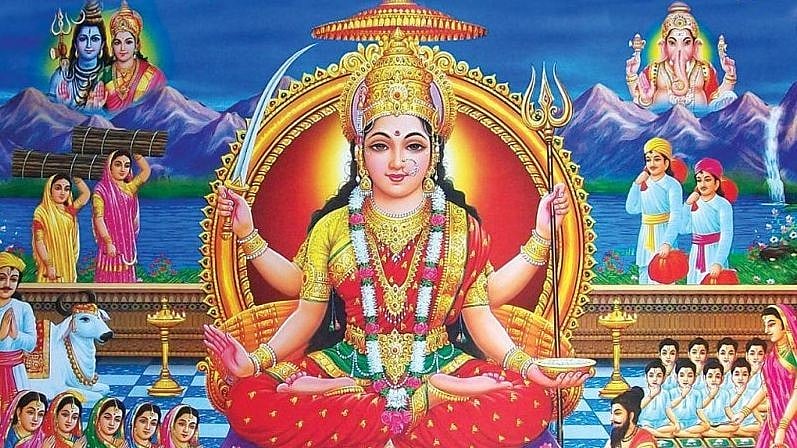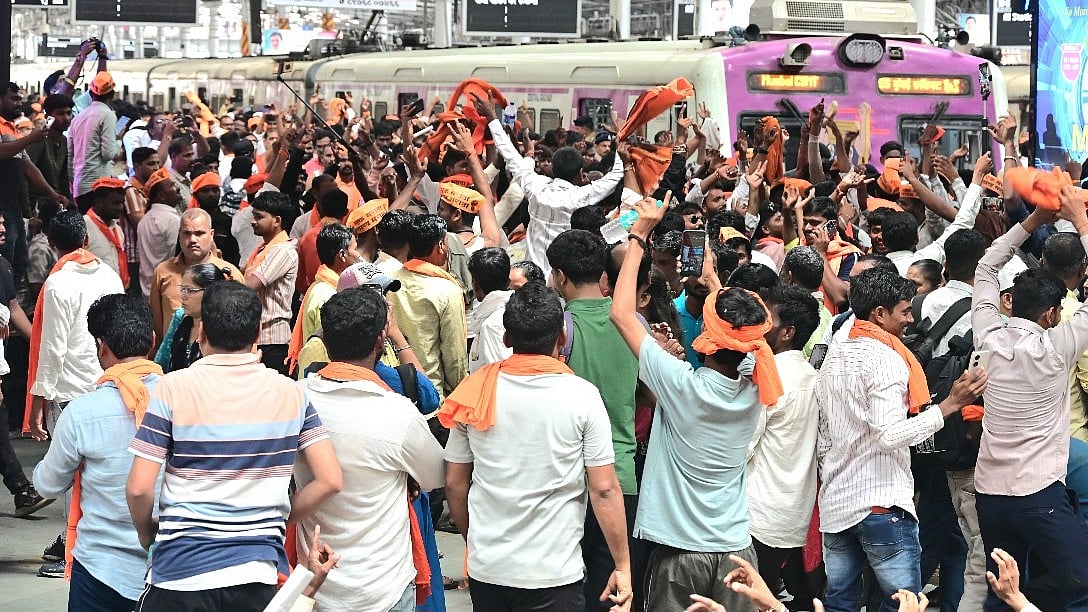On January 12, the Supreme Court questioned the practice of governments and political parties handing out freebies, particularly at the time of elections. It was hearing a public-interest petition relating to the provision of free urban shelters for the homeless. Before we examine the arguments in general, let us first specify that the question of providing what we may loosely call subsidies is a politico-economic question intrinsically related to the kind of governments we want in a democratic polity and, therefore, their roles and responsibilities. The burden of the top court’s position is that providing ‘sops’ or subsidies, instead of creating job opportunities to help integrate people into the mainstream, creates a class of parasites that do not become productive citizens.
The court said, “Are we not creating a class of parasites instead of integrating them into the mainstream society by giving them employment?” The bench also suggested that those who get free rations and financial handouts are not willing to work. Apart from other things, it is also suggested that those getting subsidies become unwilling to work, as a result of which agriculturists find it difficult to get labourers to work on the land.
With due respect to the court, this line of argument could perhaps be accused of painting too rosy a picture of the social and economic situation prevailing in most of the country.
Let us first examine the context. India is supposed to have a welfare state. This implies that one of the fundamental roles and responsibilities of the various governments in India is to provide all the necessities of life to all citizens, or to provide the conditions under which citizens can earn these necessities, which include food, healthcare, clothing and shelter, minimally. It is also the duty of the government to provide the conditions, in whatever way, for high-quality educational opportunities and the time and avenues for productive leisure. In other words, it is the duty of the state to create the conditions in which citizens become productive and lead fulfilling lives. It is clear beyond doubt that these conditions do not exist in India.

To suggest that people become disposed to idleness and develop a parasitic bent of mind just because the government provides them some amount of free grain and paltry sums of money that can, at best, help provide a bare existence is to unfairly discredit the people of this country, who surely have greater hopes for themselves and their children than barely filled stomachs and the minimum means to survive. We have seen, across the country, the heroic stories of people rising from the depths of poverty to leave a mark on society. Let us celebrate them and enable others, instead of demeaning them.



